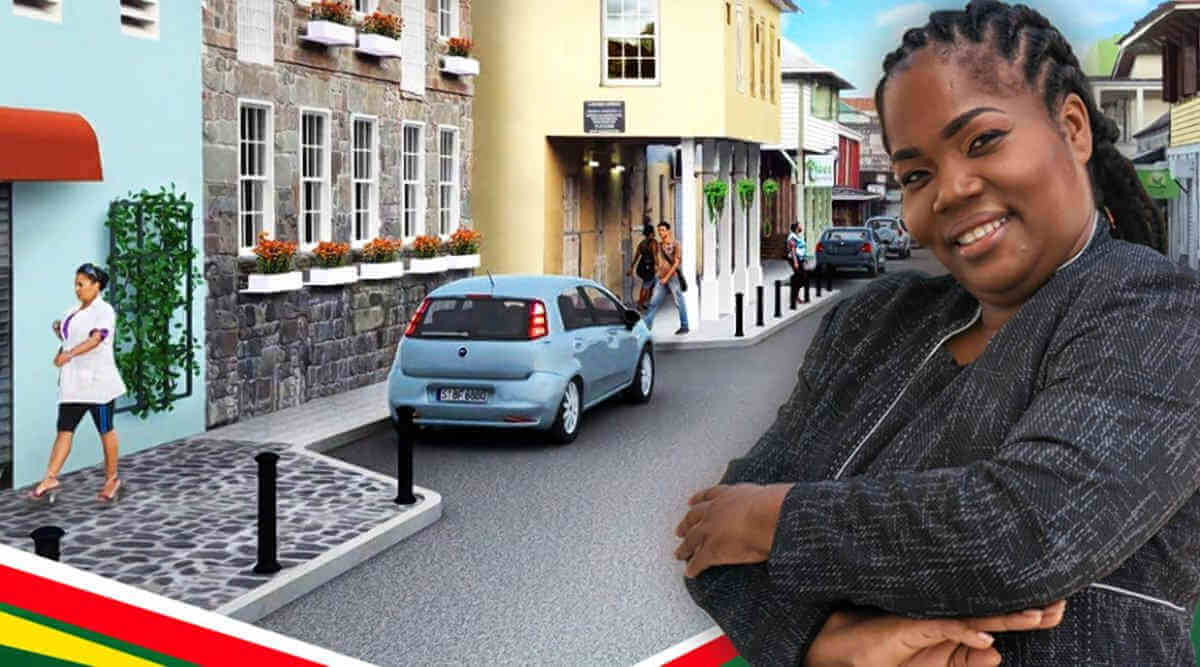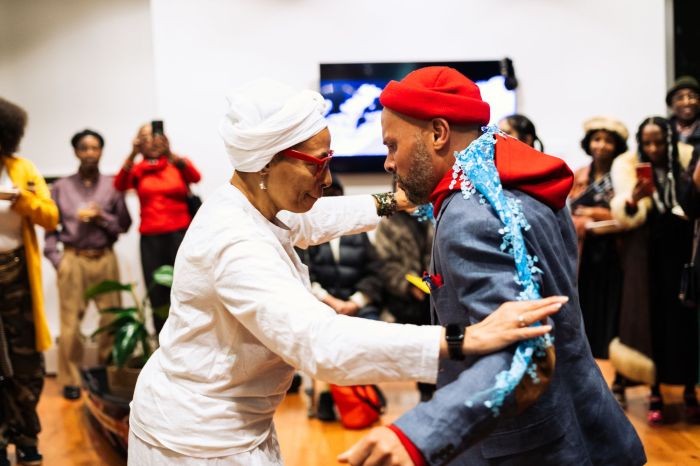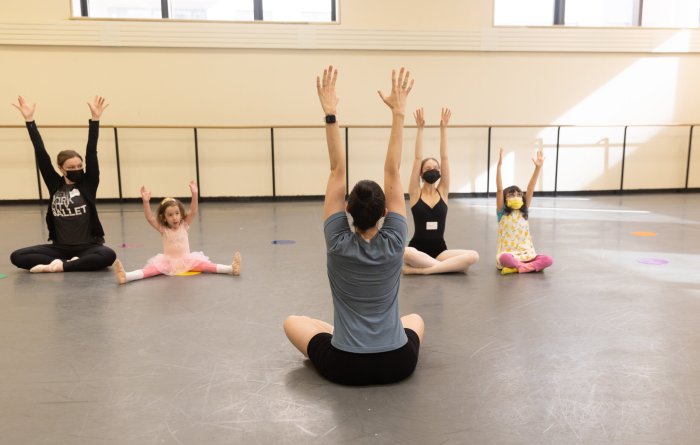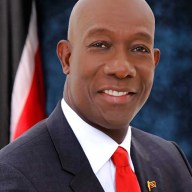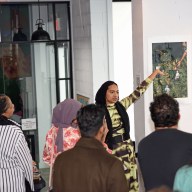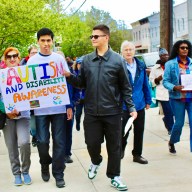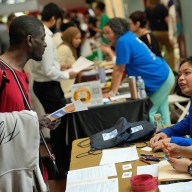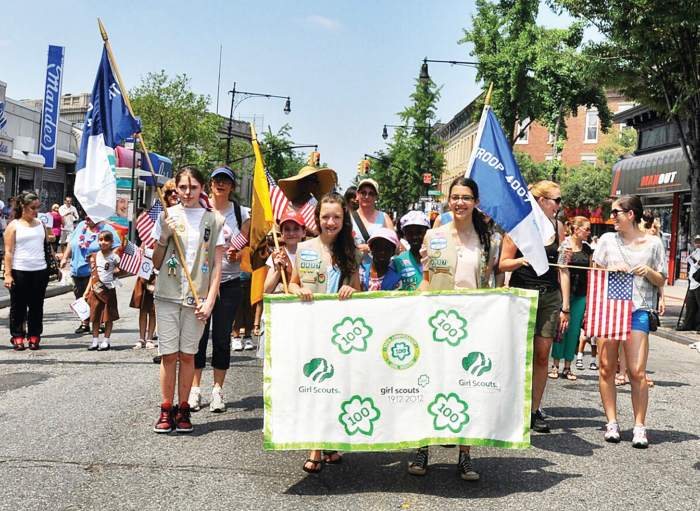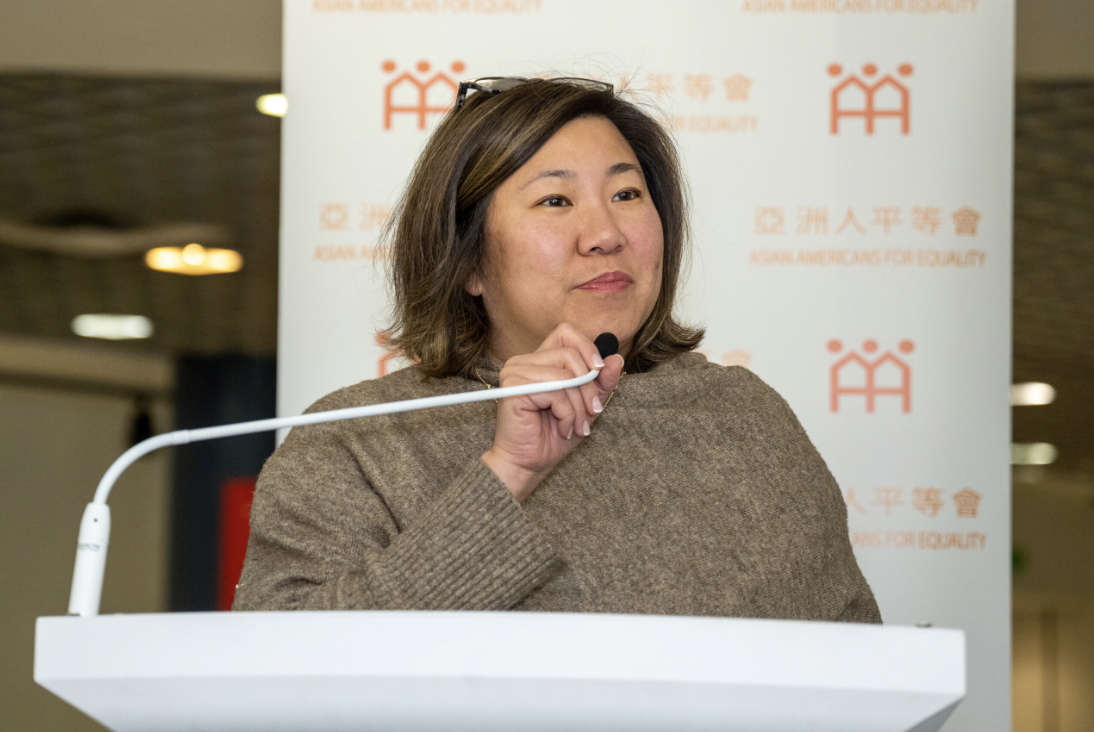Antigua
Antigua and Barbuda recorded a sharp drop in homicides last year in a single year since 1999.
Speaking at a recent press conference, Assistant Commissioner of Police Atlee Rodney said that with just three murders on record, this was a 75 percent decrease from 2018 and could be the lowest in any independent state in the world.
He said the police have recorded the lowest number of murders in the country for almost 20 years.
Concerning serious crimes, including gun-related and violent crimes, Rodney said these decreased by 42.48 percent when compared to 2018.
He attributed this to the ongoing ability of law enforcement officers to remove firearms off the streets.
On the other hand, the overall number of crimes reported increased by 634 reports.
He said crimes like petty theft, car-breakings, hoe invasion and malicious damage dominated the reports, accounting for more than half of the crimes reported.
It was also revealed that criminal activity increased during the festive seasons- in April and May during Antigua Sailing Week and July and August during Carnival.
In addition, police data showed that 80 percent of crimes committed against visitors (excluding cruise passengers) were of a petty nature.
Bahamas
The Bahamas National Commission on Marijuana is recommending the legislation of marijuana, the decriminalization of the possession of up to one ounce of the substance and is endorsing the economic benefits of the industry.
In the 98-page preliminary report, the commission is of the view that marijuana should be decriminalized and persons allowed to have a maximum of one ounce in their possession without prosecution.
“The allowable one ounce of marijuana may be subject to increase after a review of implementation,” the report noted, adding that “recreational marijuana should be permitted for adults over the age of 21 and medicinal marijuana should be permitted for adults over 18 years of age.
The commission is also recommending an amendment of the existing legislation to “allow cultivation maximum of five plants per household, clearly defining cultivation and household (for persons with medical marijuana (cards).
It is also proposing the expungement of all police records reflecting possession of small amounts of cannabis, noting that the public “generally felt” that small amounts of marijuana should not result in imprisonment.
Dominica
President of the Business and Professional Dominica Chapter, Rhoda St. John, is calling for the establishment of a sex offenders’ registry as part of a regional initiative to protect women and children.
She said on state–owned DBS recently, “every individual name per country that offends children and has sex with children, rapes women and we are going to put a list together and make it public. So in every island that list would be done once you are prosecuted and that list would he made public.”
St. John said that the list would allow for the sexual offender to be known in the community so that others can be aware of that individual.
“If it is going to be approved by government is another question that is left to be answered, but we will be advocating that our laws and the government that be, look at the sex offenders’ registry as we would like every Caribbean island to implement it.”
Guyana
The Guyana Rice Development Board (GRBD) said it recorded a 20 percent increase in revenue after exporting more than half a million tons of paddy, rice and rice products last year.
In a statement, the GRDB said that revenue from exports totaled US$227.7 million when compared with the US$186 million the previous year.
It said the country exported 526, 617 tons of paddy, rice and rice products last year, as compared to 470,312 tons in 2018, an increase of 12 percent.
Venezuela was the country’s main export market, accounting for 177, 682 tons, or 34 percent of all rice exports.
The sale to Venezuela augurs well for Guyana, especially after the country had lost a major market in Venezuela when the PetroCaribe deal between the two countries ended.
The GRDB said an estimated 69,956 of rice, valued US$35 million, had been exported to Caribbean Community (CARICOM) countries last year with Jamaica and Trinidad and Tobago being the largest importers accounting for 32,743 tons and 25,417 tons respectively.
Guyana exported rice to 10 CARICOM countries, including, Antigua , Barbados, Dominica, Grenada, Jamaica, St. Lucia, St. Vincent, Trinidad and Tobago, St. Kitts and Suriname.
Jamaica
Jamaica Prime Minister, Andrew Holness has called for the support of the church as the government works to put a dent on crime and violence this year.
Holness, who was addressing the 15th annual “Head the Family, Heal the Nation” service in the Corporate area said: “This is going to be a great year for Jamaicans. We are going to break the back of the crime problem and break the back of the violence problem,” adding, “I know I have the support of the praying people of Jamaica and I encourage them to continue to pray for peace of the country.”
The prime minister said his administration was taking a comprehensive approach to combating crime and violence involving greater use of technology and garnering the support of the public.
He said a plan is in place that will be rolled out shortly.
Holness noted that while there were calls for “tougher policing,” the government intends to arrest the crime situation without abusing anyone’s rights.
Holness, during his address, invited the leader of the main opposition People’s National Party (PNP), Dr. Peter Phillips, to join him onstage in a symbolic handshake for peace in Jamaica.
St. Lucia
The St. Lucia government says it will be implementing a Caribbean Community (CARICOM) Article 164 of the Revised Treaty of Chaguaramas (RTC) that governs the regional integration movement from January this year.
The Ministry of Commerce, International Trade, Investment, Development and Consumers Affairs said the island would be implementing Article 164 that also governs the CARICOM Single Market and Economy (CSME), which allows for the free movement of goods, skills, labor and services across the region.
According to the RTC, Article 164 is a regime, which seeks to promote industrial development among the lesser developed countries (LDCs) of CARICOM.
Under this regime, which was first introduced by a decision of the Council for Trade and Economic Development (COTED) in 2006, the LDCs continue to attract a duty of zero percent, the ministry said.
It said that this new (and third)edition of the Article 164 regime covers 14 product groups across 39 tariff lines and provides tariff protection to most of the products on the list for a period of 19 years and a period of five years for two products, namely curry powder and pasta.
Trinidad
A High Court Judge has struck out the sedition law from the statute books in Trinidad and Tobago.
In a landmark judgement, Justice Frank Seepersad said certain sections of the Act are “patently inconsistent and at odds with Section 1 of the Constitution“ which guarantees that Trinidad and Tobago is a sovereign democratic state, since those sections imposed disproportionate and unjustified restrictions on free speech, expression and thought.
He delivered the judgement last week in the Port of Spain High Court in a constitutional claim filed by former secretary general of the Sanatan Dharma Maha Sabha (SDMS), the late Sat Maharaj, and his media house, Central Broadcasting Services Ltd.
The SDMS is the largest Hindu organization in T&T.
Maharaj (before he died last November) and Central Broadcasting Services Ltd. filed an action last year after police officers searched the radio station after Maharaj described Tobagonians as being lazy and the men rapists on his program Maha Sabha Strikes Back on Radio Jaagriti on April 5, 2019.
But even though he was never charged with any offence, Maharaj suggested that police were moving to have him charged with sedition because of the statements.
In his ruling Justice Seepersad stated: “The unjustified limits which impugned provisions of the Sedition Act impose upon the freedom of expression and the freedom of the press violate the binding guarantee that this Republic is a sovereign democratic state as outlined under Section 1 of the Constitution and pursuant to Section 2 of the Constitution, laws, which are inconsistent with the Constitution are void and to the extent of the inconsistency.”
Attorney General Faris-al-Rawi has indicated that he will appeal the judgement all the way to the British Privy Council.
— Compiled by Azad Ali


